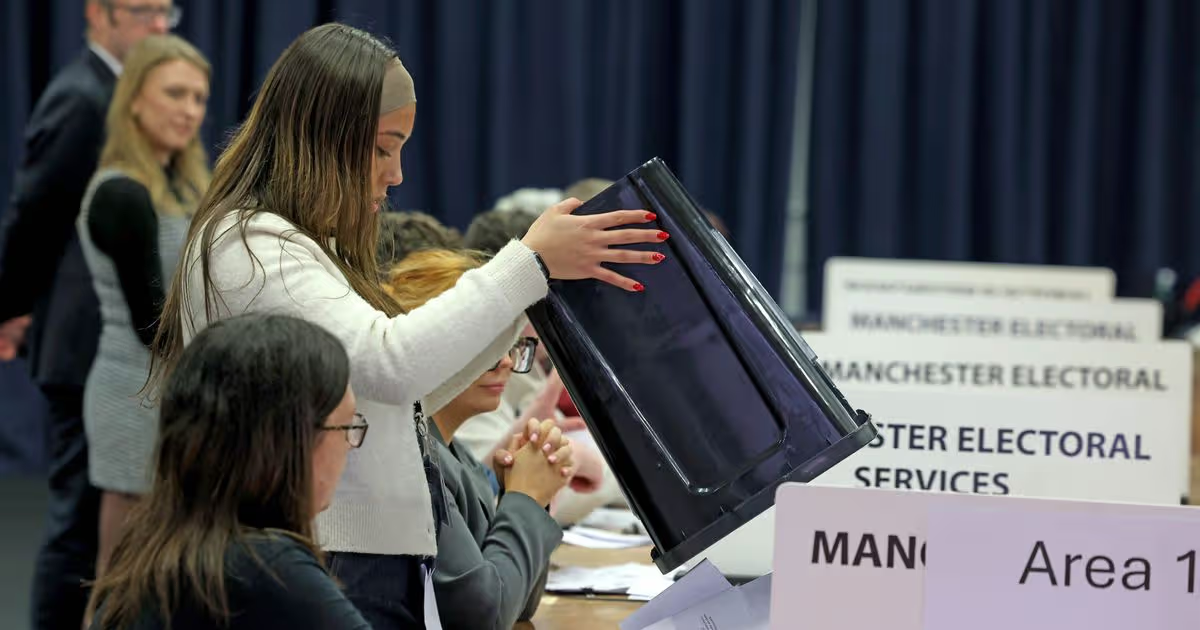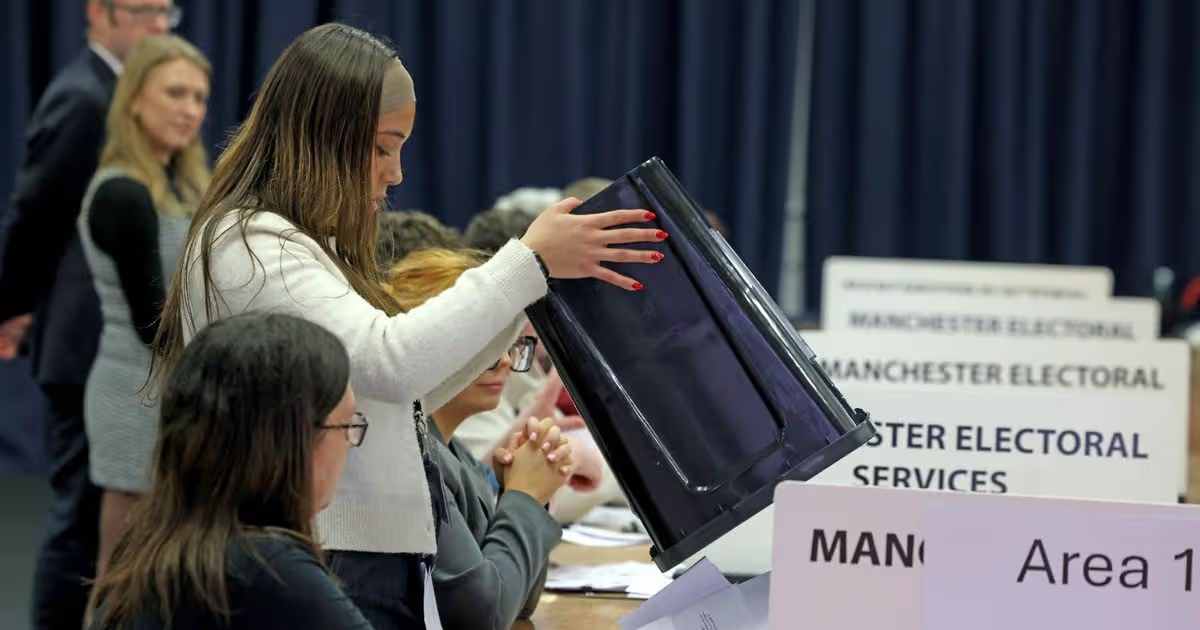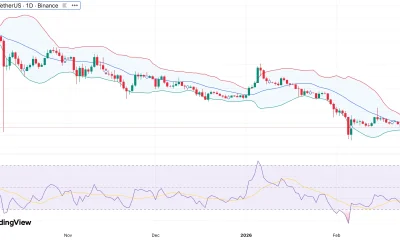One candidate was eliminated from The Apprentice during the latest episode of the BBC show.
Tensions reached fever pitch during the latest instalment of The Apprentice as the remaining candidates faced a floristry challenge.
Split into two teams, BBC audiences watched as the groups were charged with selling flowers to members of the public, whilst also creating floral installations for corporate clients.
However, matters didn’t proceed smoothly for one team as project manager Vanessa left a teammate feeling pressured whilst creating their installation, which failed to impress their corporate client.
When the moment arrived to discover which team had triumphed in the boardroom, one team had generated a considerably larger profit than their rivals.
Tim Campbell revealed that Team Alpha, led by Vanessa, had spent a total of £1,436.25 and sold £2,000.84, yielding a total profit of £564.59.
In contrast, Team Eclipse, managed by Rothna, had spent £620.50 and sold £2,792.50, delivering a total profit of £2,172.
READ MORE: Call The Midwife viewers in disbelief as BBC announce return 10 years after debutREAD MORE: Emilia Fox pays tribute to Silent Witness co-stars as series nears its end
For the latest showbiz, TV, movie and streaming news, go to the new ** Everything Gossip** website.
Vanessa opted to bring Lawrence and Pascha back into the room alongside her, with all three facing potential dismissal.
Yet when the time came to hear everyone’s views, it became apparent a verdict had been reached, reports the Mirror.
Delivering his decision, Lord Sugar stated: “Vanessa, I don’t think you led this team very well at all.
“In fact, I think far too much money was spent on flowers and also the manufacturing of the bouquets was a joke, a complete and utter joke. On that basis, Vanessa, you’re fired.”
As the contestant thanked Lord Sugar, she rose from her seat and wished her two colleagues well for the remainder of the competition.
Once they had all departed the room, Tim informed Lord Sugar he had reached the correct conclusion, to which he responded: “There was only one decision you could make.”
During her departure interview, she said: “I took a big risk and put myself for something I’ve never done before and I’m not regretful about that. I think I’m an amazing person and I’ll definitely go far in life.”
In a subsequent interview with the BBC, Vanessa admitted she didn’t believe it was her moment to leave.
She remarked: “I was gutted. Absolutely gutted. I don’t believe it was my time to go. I kind of just feel like my fate was already decided from when I put myself up because nobody else wanted the job, and we know from Apprentice history that the PM will always get the blame should anything go wrong.
“So, I was really gutted that my risk of putting myself up for a task, that I knew nothing about, wasn’t seen as me being a risk taker, or willing to do whatever it took to get the result. It was taken as though I decided to do something I knew nothing about.”
The Apprentice is available to watch on BBC iPlayer.
Ensure our latest headlines always appear at the top of your Google Search by making us a Preferred Source. ** Click here to activate** ** or add us as your Preferred Source in your Google search settings.**



























































